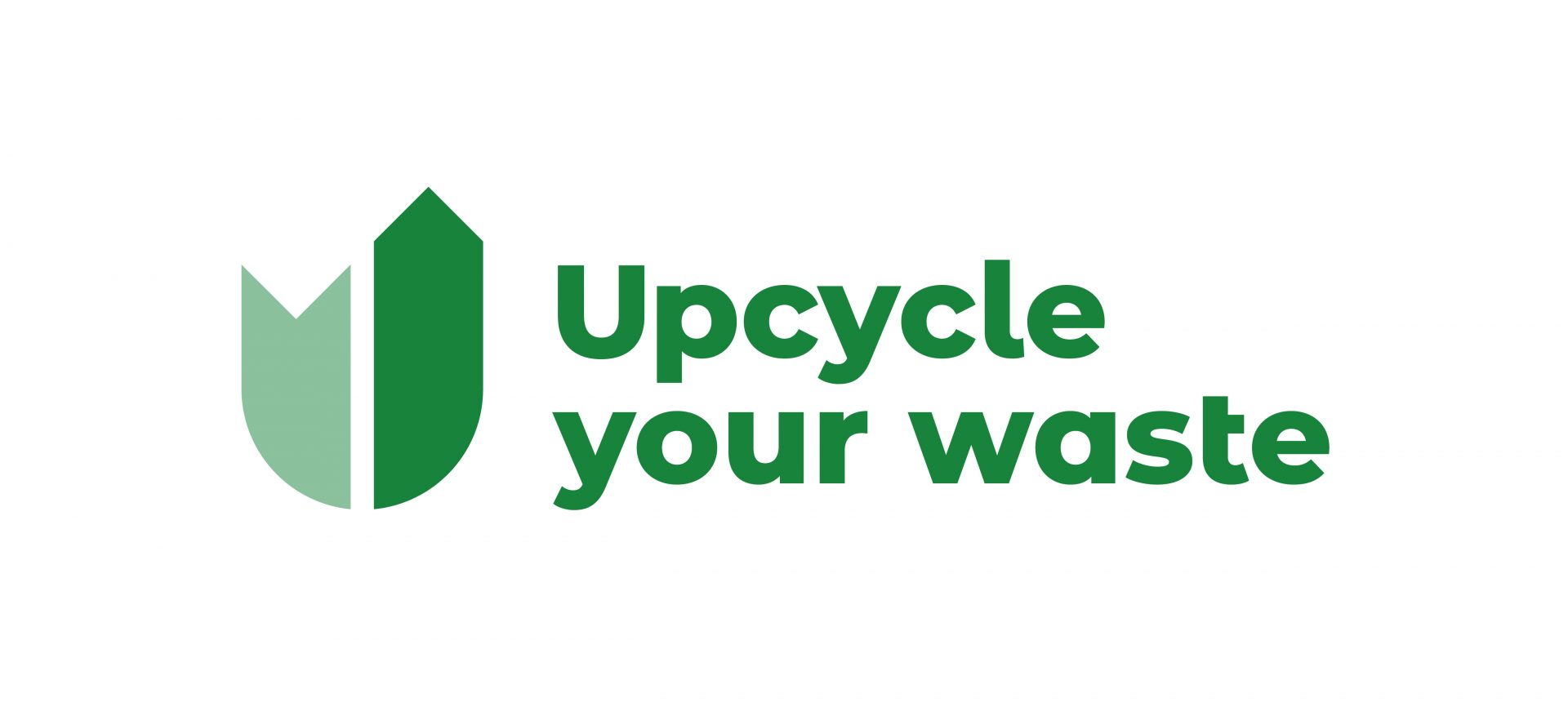Guidance – Feedback, findings, learnings of the Upcycle Your Waste project
- Hugo D.

The guidance can be downloaded through the following link: Guidance-for-accelerating-the-adoption-of-circular-business-cases
Small introduction
The findings are alarming: Only 25% of SMEs’ waste are repurposed. SMEs experience greater difficulties than large enterprises in adopting circular practices due to limited organisational, technical and financial capacity. Large companies are better equipped to deal with waste management because they have more financial/technical means, and often operate a CSR policy.
Based on these findings, the purpose of the Upcycle Your Waste project was to accelerate the adoption of circular business cases by our local SMEs, transforming waste flows into resources at local level. We aimed to achieve this by developing research, training, tools, processes, procurements and tips that enable SMEs and local authorities to introduce more circularity in their economic ecosystem. The introduction of circular business cases to transform business waste into resources is a key facilitator in the transition towards a circular economy.
Circular implementations, like eco-design of products, processes and greener procurements bring EU companies economic benefits of 3–8% of their annual turnover. The Upcycle Your Waste project aimed at improving the capacities of local authorities, business district managers and SMEs within pilot areas and in other parts of the 2 Seas region by introducing and disseminating circular business case studies.
Since 2019, the experiments conducted in the pilot areas have revealed what can really be done, what can be achieved with difficulty, or what cannot be implemented. Using interviews with SMEs and scientific analysis of the data, the project allowed partners to gather and process information on SME waste within pilot areas. The partners carried out literature reviews on the existing upcycling business cases and on the SMEs’ barriers and drivers to upcycling. Our experiments, literature reviews and data collection focused on understanding the opportunities for upcycling from practical/on-the-ground and scientific perspectives.
All the feedback and findings from pilot areas can inspire local authorities, business district managers and SMEs in the 2 Seas region. This guidance, combined with all the other tools developed in the framework of this project, aims at disseminating our results, practices and knowledge to local authorities, business district managers and SMEs in the 2 Seas region and
beyond.
In fact, there is growing demand from SMEs for:
Knowledge of their waste streams and corresponding circular business cases
Demonstrated solutions and tools to improve resource efficiency
Better cooperation among companies and develop processes to upcycle waste collectively
Local authorities and business park managers can enable SMEs at local level to join this transition by facilitating SMEs to build their knowledge base, get organised & incorporate circular business cases into existing waste processing practices.

